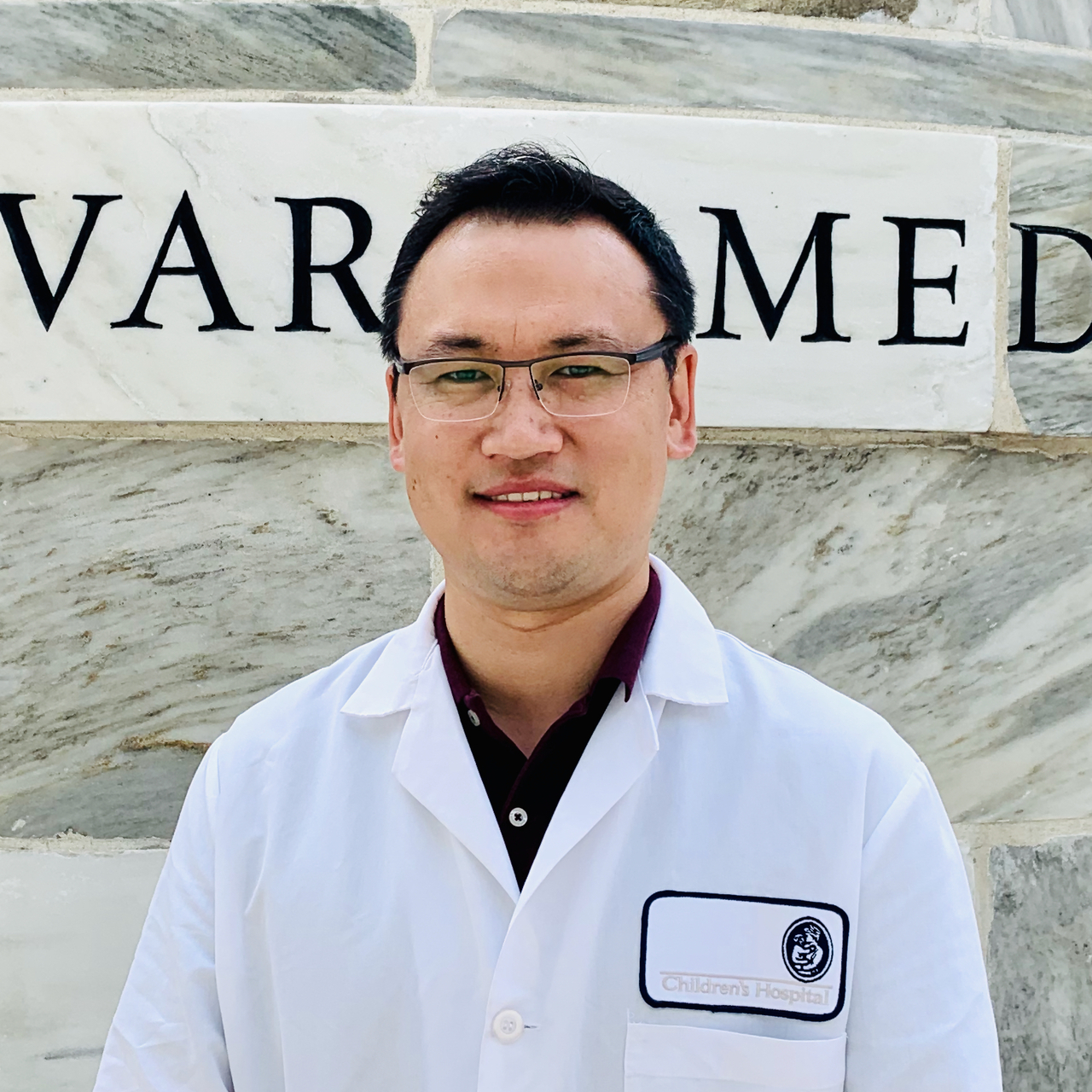I am an Instructor in Immunology at Harvard Medical School (HMS) and a Senior Staff Scientist at Boston Children's Hospital (BCH). With over fifteen years of experience in immunology, biotechnology, microbiology, molecular biology, and protein biochemistry fields, I have worked in many different areas within these fields, which has allowed me to develop a diverse and comprehensive skillset.
After completing my medical degree, I worked extensively in the biotechnology industry and academic research labs in several countries. I eventually decided to pursue a PhD in biotechnology and microbiology at the University of New South Wales (UNSW) in Australia, where I further developed my expertise.
My research interests are broadly focused on intestinal immunity, including both adaptive and innate immunity, as well as microbiota-derived products. I am particularly interested in developing new therapeutic targets for GI diseases such as IBD, IBS, food allergies, cholestatic fibrotic diseases (PSC, PBC, NASH etc) and other immuno-metabolic or autoimmune disorders.
During my postdoctoral research, I investigated the interactions between gut commensal/pathogenic bacteria and intestinal epithelial cells, with a particular focus on immune and metabolic responses. My research has resulted in significant discoveries, including a novel mechanism on how microbiota-derived acetate activates immune and metabolic responses of enteroendocrine cells (Immunity, 2021). Additionally, I found a unique mechanism by which bacterial quorum-sensing systems induce host mucosal immunity, particularly through modulating host enteroendocrine, steroid hormone, and neurotransmitter signaling (Cell Reports, 2022).
As a junior faculty at the Immunology Department, I investigated the role of the microbiota-intestinal epithelial cell axis, specifically Tuft and Goblet cells, in promoting Treg cell-driven anti-allergic immune response in food allergies (In Revision). In addition, I also study Treg cell biology, including the characterization of novel transcriptional complexes involved in regulating Treg cell function (Science Immunology, 2022). My work has contributed to the scientific community and has made a significant impact on Harvard Medical School. I am excited to continue my research and make further contributions to the fields of immunology and microbiology.
- Before the year-end deadline: my daughter Annie is fundraising for @StJude. Cancer is close to our family, and St. Jude’s mission means a lot to us. Donate here if you can: t.co/4nvWywAMHq
- Манай хүү ахлах сургуулийн хөл бөмбөгийн дээд лигийн анхны Монгол аварга боллоо. t.co/TYZaeITCbo
- How teen researchers can publish their first paper t.co/8xpj3iYqJo
- Read this #preprint on @researchsquare: Which soccer metrics best predict winning? A data-driven analysis across Europe’s top five leagues t.co/tDcN3eirso
- RT @AGA_Gastro: 📣 The March 2025 issue of #Gastroenterology is out now ➡️ t.co/kAOZ1zhDat Topics covered include: 🌟 Intestinal p…

